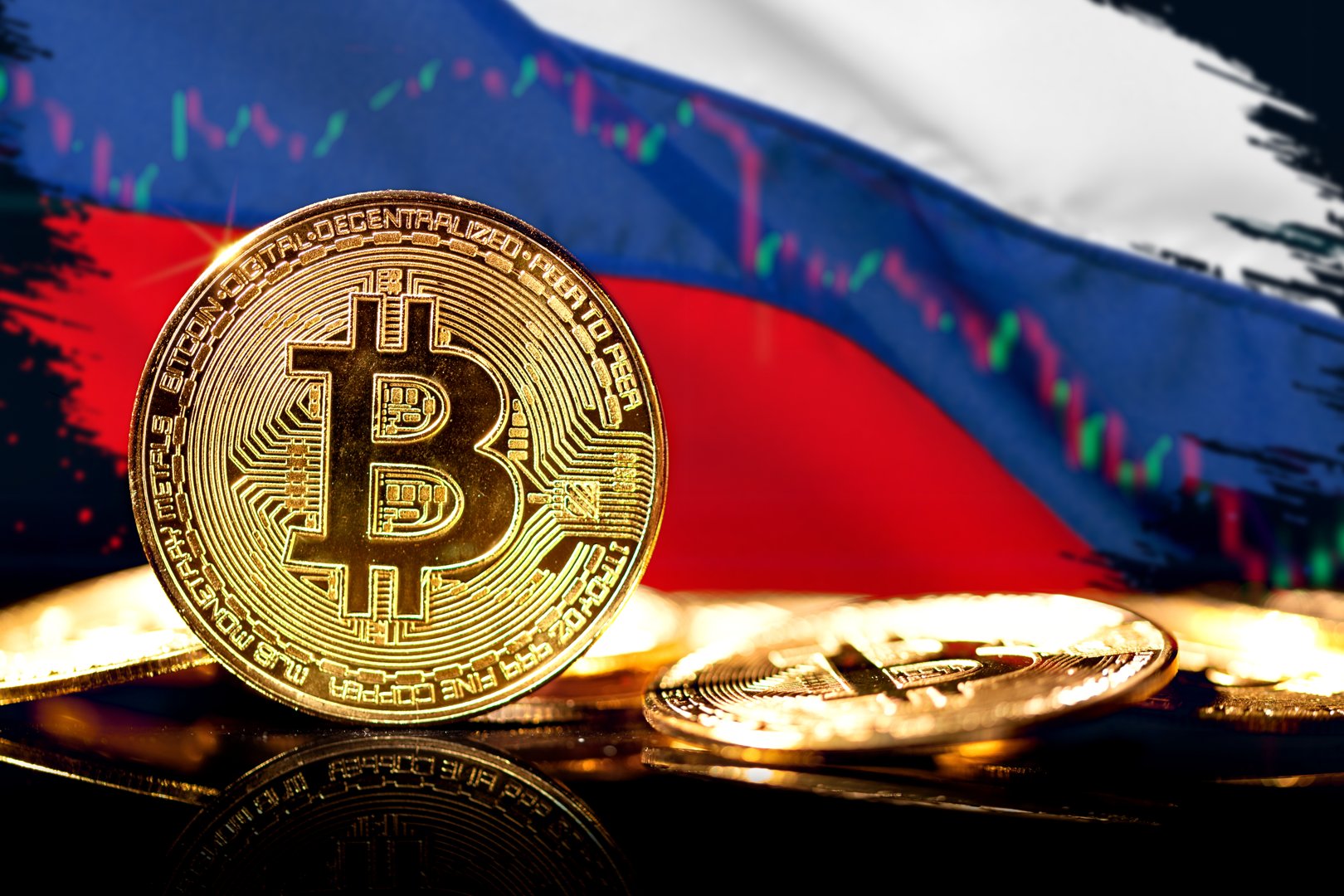 Source: Yalcinsonat/Adobe
Source: Yalcinsonat/AdobeRussia's blockchain and crypto-asset industry leaders have said they want to meet with President Vladimir Putin to discuss crypto regulation face-to-face.
RBC media reported that the request was made by the Russian Association of Crypto and Blockchain Industry (RACIB) and a union of software developers called Russoft. The parties jointly wrote a letter, which they sent to Putin's office and shared online.
The parties asked Putin to lead a "workshop" to "agree on the basics" of policy "in the area of" crypto regulation. The authors asked Putin to "allow representatives" of the "organized" crypto community to attend the meeting.
The parties claimed that there was a "serious risk" that the Russian economy would end up "behind" its international counterparts. This will happen if Moscow fails to introduce "new financial technologies," he said.
The authors said that Russia's political enemies and "friendly" countries are now threatening to overtake Russia in the crypto and fintech sectors.
Russian crypto regulations are stuck in limbo, with Moscow deeply divided on the issue. The country's finance and trade ministries are in favor of regulating crypto companies, licensing national crypto exchanges, and requiring industrial miners to pay taxes on their profits.
But the Central Bank, headed by Putin's main ally Elvira Nabiullina, is fiercely opposed. Nabiullina wants to enact a near-total Chinese-style crypto ban, and in her place, she would like to champion a digital ruble.
This deadlock has led to talk of compromise, which appears to have raised concerns for RACIB and other industry groups.
Why do Russian crypto leaders want to meet Putin?
The authors of the letter stated that the current policy proposals "would not allow Russian companies to fully explore the potential of new financial instruments."
They stated that Russian companies would likely look to move to other countries. And they said that it would mean "direct economic losses for the Treasury."
The agencies lamented the "extremely conservative and prohibitive approach" of the politicians.
And they warned that taking too conservative an approach to crypto regulation would mean Russia would miss the pace of global digital economic development.
The authors claimed that Russia would give up the "opportunity" to become a world leader in digital payments if it implemented strict regulations.
The RACIB asked Putin's office to form a crypto working group and launch crypto "pilot projects."
The agency noted that these pilots could explore the space of cross-border payments with Russian political allies, as well as with other BRICS countries (Brazil, Russia, India, China and South Africa).
BRICS members recently reviewed their plans to launch a common stablecoin. Moscow and Tehran have also had discussions about creating a gold-backed token that would allow them to trade without using the US dollar.